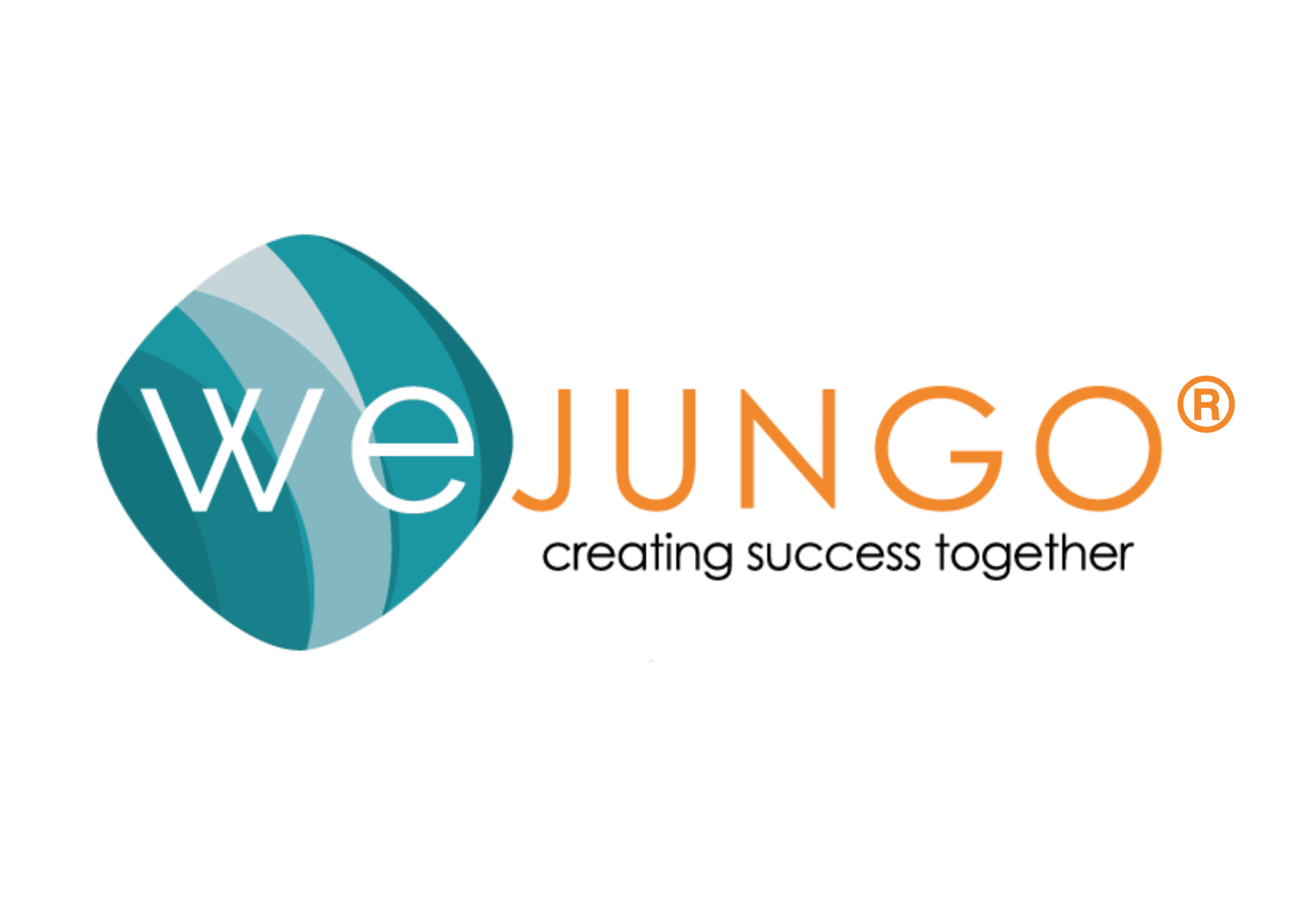Avoid a Bad Hire by Interviewing Better
Avoiding bad hires through interviewing involves a commitment to thoroughness, objectivity, and consistency. By resisting snap judgments, investing time in the process, adhering to established procedures, conducting in-depth interviews, and emphasizing reference checks, you can increase the likelihood of making successful hires that benefit your organization in the long run.
Here is some more detail on these tips:
Tip #1: Resist Gut Instinct
It’s human nature to form quick judgments about people, but it’s essential to resist the temptation to rely solely on gut instincts during interviews. Instead, focus on objective evaluation criteria and concrete evidence to make informed hiring decisions. Gut feelings can be biased and may not accurately predict a candidate’s suitability for the role.
Tip #2: Avoid Shortcutting the Interview Process
Rushing through the interview process can lead to overlooking crucial aspects of a candidate’s qualifications and fit for the position. Taking the time to thoroughly assess candidates ensures that you don’t miss any red flags or potential weaknesses that might emerge over time.
Tip #3: Invest Time and Effort
Quality hires require an investment of time and effort. This includes designing a comprehensive interview process that will assess key aspects of the candidates personality and skill set. The extra effort put into the hiring process can lead to better long-term outcomes.
Tip #4: Stick to Your Processes
Regardless of how impressive a candidate may seem, it’s important to adhere to your established interview processes consistently. Deviating from these processes can introduce bias or overlook critical aspects that are essential for making a well-informed hiring decision.
Tip #5: Emphasize Reference Checks
Reference checks are a valuable tool for verifying a candidate’s qualifications and assessing their fit for your organization. It’s crucial to conduct more than one reference check and to ensure at least one reference is a professional one, not a personal connection. This thorough approach helps uncover valuable insights about a candidate’s past performance and behavior.
Tip #6: Dig Deep in Interviews
During interviews, make an effort to delve into a candidate’s thought processes and problem-solving abilities. Understand how they handle various situations, the steps they take to reach decisions, and how these skills align with the challenges they may face in your company. This deep dive into their responses can provide a clearer picture of their potential contributions and fit within your organizational culture.













